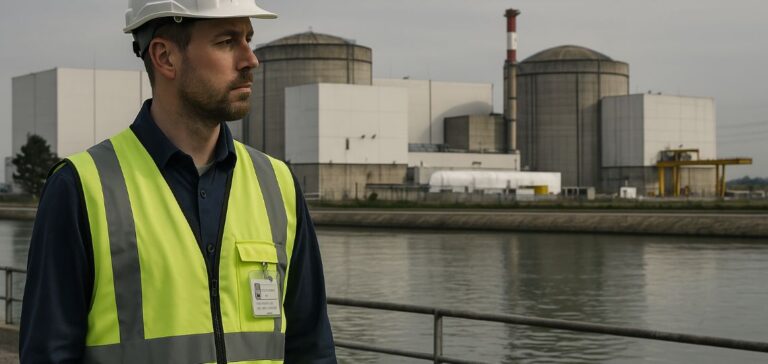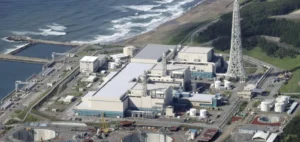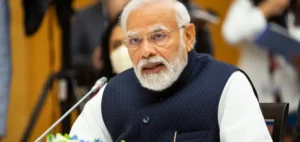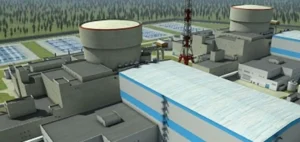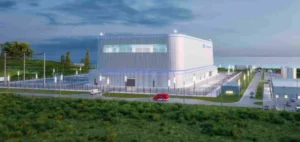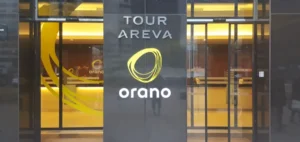The project led by Électricité de France (EDF) to establish a facility for recycling very low-level radioactive metals in Fessenheim, at the site of the former nuclear power station decommissioned in 2020, was at the centre of a public debate involving 2,675 participants between October 2024 and February 2025. This future “Technocentre”, intended to process materials from dismantled nuclear installations across France, has prompted extensive questioning, particularly around its social and health acceptability, according to the Commission nationale du débat public (CNDP).
Perceived risks linked to traceability and material use
The final report published by the CNDP highlights that concerns primarily focused on the use of recycled steel in everyday objects without any traceability. Several contributors, including the association Stop Fessenheim, opposed lifting the current French prohibition on the reuse of such metals. The report notes an “absence of certainty” regarding health effects from frequent contact, which some participants cited as reason enough to reject the use of these ingots.
EDF states that the radiological impact would be less than 0.01 millisievert (mSv) per year—300 times lower than the annual exposure from natural background radiation—justifying, in its view, the lack of traceability. This estimate is supported by the Institut de radioprotection et de sûreté nucléaire (IRSN), now merged into the Autorité de sûreté nucléaire et de radioprotection (ASNR), which associates it with a fatal cancer risk of fewer than one case per million people per year.
Questions over the project’s economic viability
Beyond health considerations, the economic feasibility of the facility has also been challenged. The €450mn investment, financed by EDF with the French State as its sole shareholder, was viewed by some participants as excessive, especially in light of existing steel production. One contributor pointed out that the 20,000 tonnes of steel expected to be produced would represent only 0.16% of France’s annual steel output.
The report urges EDF to clarify safety mechanisms in case of fire or explosion, as well as cumulative impacts concerning public health, environmental effects, and industrial risk. For the project to proceed, it will require a ministerial decree granting an exemption from public health regulations, along with a prefectural authorisation. A public inquiry is scheduled for 2025–2026.
An industrial first in France
If approved, the Fessenheim Technocentre would become the first facility of its kind in France. Elsewhere in Europe, the recycling of very low-level radioactive metals is already in practice in countries including Sweden, the United Kingdom, Spain and Switzerland.


